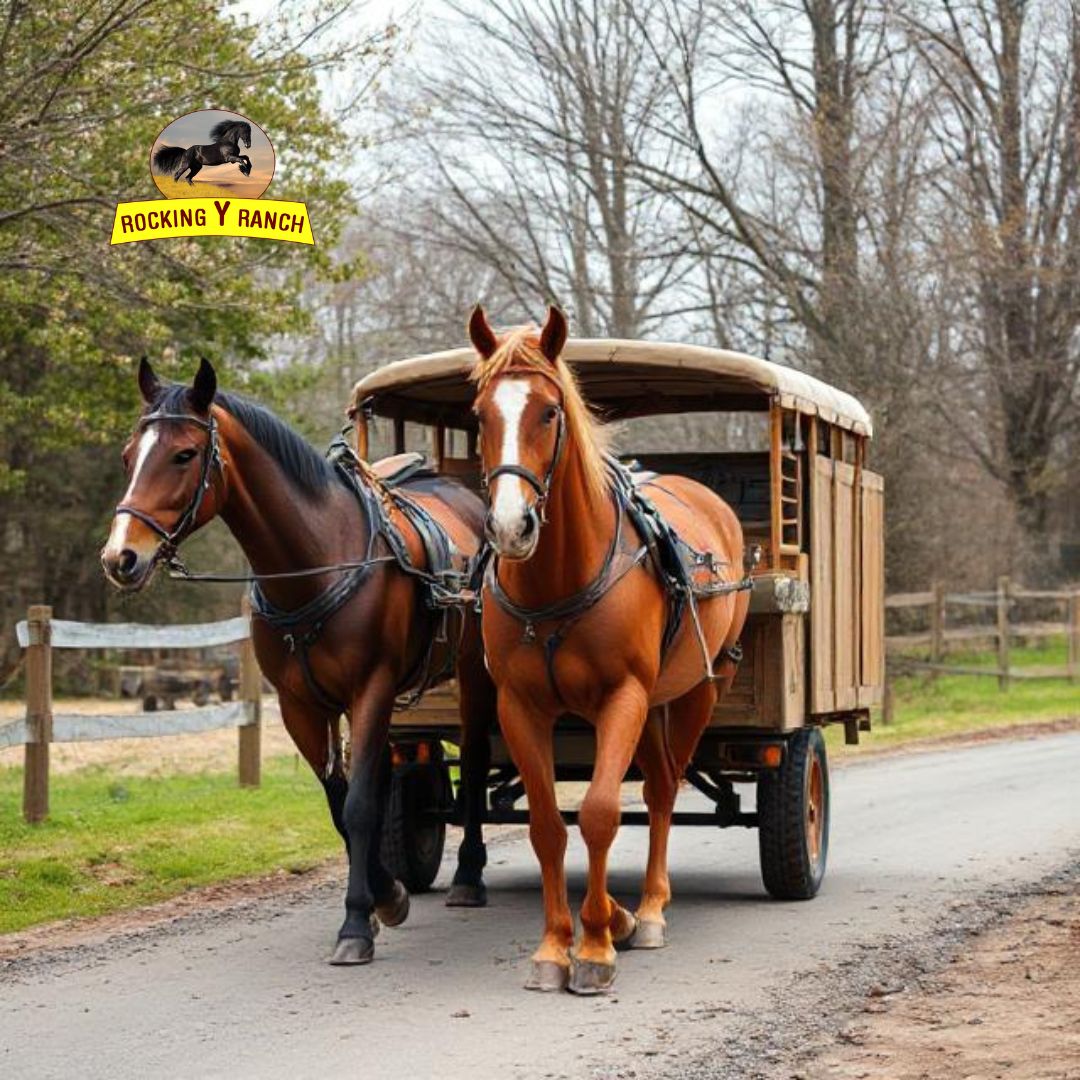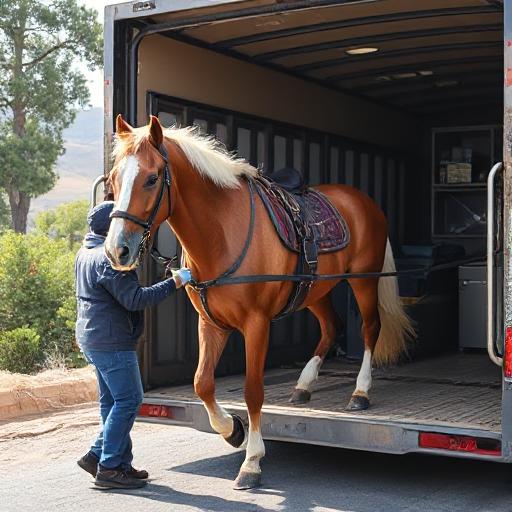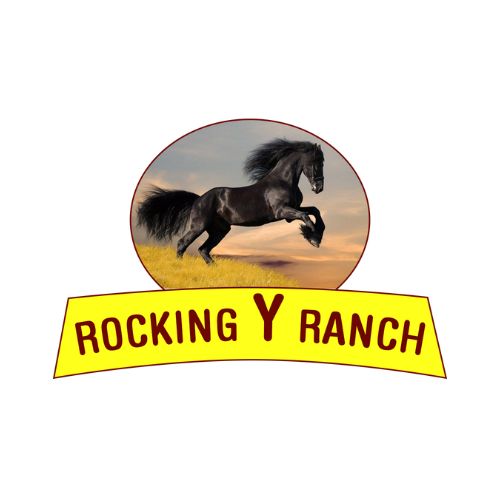Ensuring Safe and Stress-Free Journeys for Your Equine Companion

Transporting horses across long distances requires more than just a trailer and a destination. It involves planning, specialized care, and a deep understanding of the animal’s needs. Whether you're relocating, heading to a competition, or selling a horse to a new home, ensuring your horse’s well-being throughout the journey is paramount. This article explores the essential elements of horse transportation, focusing on comfort, safety, and preparation for a successful journey.
Understanding Equine Transportation Needs
Horses are sensitive, intelligent animals that can become stressed when removed from familiar surroundings. Movement, unfamiliar environments, and changes in routine can affect their physical and emotional health. When planning to move a horse over a long distance, the priority is minimizing stress and ensuring the Nationwide Horse Transport arrives in the best possible condition.
Transporting a horse safely means considering ventilation, hydration, travel duration, rest breaks, and monitoring for signs of distress. From the design of the trailer to the temperament of the driver, every detail matters.
Choosing the Right Transport Provider
Selecting a reputable horse transport service is one of the most important steps in the process. Experienced providers understand not just logistics, but also the behavior and physiology of horses. They typically have trained handlers on board, provide regular stops for rest and checks, and use vehicles specifically designed for equine transport.
An ideal service should demonstrate a commitment to animal welfare. Look for companies that offer references, provide real-time updates, and are transparent about their transport protocols. The drivers should be trained in equine care and capable of responding to emergencies calmly and efficiently.
Preparing Your Horse for Travel
A successful journey starts long before the truck arrives. Begin by familiarizing your horse with loading and unloading if it's not already comfortable with it. Spend time walking them onto the trailer, letting them stand inside for short periods before backing them out calmly. Reducing anxiety during this phase helps significantly when the actual trip begins.
Next, ensure your horse is in good health. Schedule a veterinary check-up a few days before the journey. The vet can verify your horse is fit to travel and provide documentation if required. It’s also a good time to discuss vaccinations and any preventive measures that might be necessary, especially if crossing state lines.
Avoid feeding a large meal just before departure, but ensure your horse is well-hydrated. Horses should have access to hay during travel to keep them occupied and maintain digestive health. However, grain should be minimized to avoid digestive upset.
Trailer Safety and Comfort
The vehicle used for transporting your horse should be clean, well-ventilated, and designed with the horse’s safety in mind. Features such as padded walls, non-slip flooring, and adjustable partitions can help prevent injury. Proper ventilation ensures fresh air flows through the trailer, preventing respiratory issues.
Horses should be secured using quick-release ties, allowing them freedom of movement for balance, but keeping them safe. It's also essential to maintain a comfortable temperature inside the trailer, regardless of weather conditions.
Some horses prefer to travel facing backward, as studies suggest this can reduce stress and fatigue. Modern trailers often accommodate such preferences by offering adjustable stalls or rear-facing designs.
Monitoring and Communication
Throughout the journey, regular checks are crucial. A good transporter will stop every few hours to check on the horse, offering water and inspecting for signs of distress or overheating. The ability to receive updates can also bring peace of mind to owners. Some transporters now offer GPS tracking and real-time photo or video updates so you can monitor your horse’s progress.
Make sure the horse has appropriate documentation for travel. This often includes a health certificate, proof of vaccination, and identification. These are especially important if you're crossing state or national borders.
Post-Transport Care
Once your horse has arrived at its destination, give it plenty of time to adjust. Unload calmly and walk your horse around to stretch its legs and reorient itself. Check for any signs of dehydration, injury, or stress. Offer water first and gradually reintroduce feed, keeping meals light for the first few hours.
Monitor behavior for a few days post-transport. Some horses may be fatigued or act out of character due to the journey. Maintain a calm and familiar routine, offering extra grooming time and attention.
If you notice signs of colic, respiratory issues, or lameness, contact your veterinarian immediately. Early intervention can prevent minor issues from escalating into major problems.
Tips for a Smooth Journey
Start with familiarization: Practice loading, unloading, and short drives.
Health check: Ensure your horse is fit for travel, with necessary documentation.
Pack smart: Include hay, water, first aid supplies, and grooming tools.
Communicate with the transporter: Ask questions and stay informed throughout the trip.
Stay calm: Horses pick up on their handlers’ emotions. Keep interactions relaxed and positive.
The Importance of Planning
Transporting a horse isn’t something to leave to chance. Planning every detail — from pre-travel preparation to post-journey care — can make all the difference in how your horse copes with the experience. The right approach can reduce stress, prevent health issues, and make the journey a positive experience for both you and your horse.
One key element of this process is partnering with a company that specializes in Nationwide horse transport. Such providers are well-equipped to handle the complexities of long-distance journeys, offering peace of mind and professional care every step of the way.
Final Thoughts
Traveling with horses requires dedication, patience, and a clear understanding of their needs. Whether it's a few hundred miles or across multiple states, taking the right precautions ensures your horse arrives healthy, happy, and ready for the next adventure.
From preparation to arrival, every step should reflect a commitment to your horse’s comfort and safety. With the right planning, equipment, and care, you can ensure that every journey — no matter how long — is as smooth and stress-free as possible for your equine partner.
Note: IndiBlogHub features both user-submitted and editorial content. We do not verify third-party contributions. Read our Disclaimer and Privacy Policyfor details.







